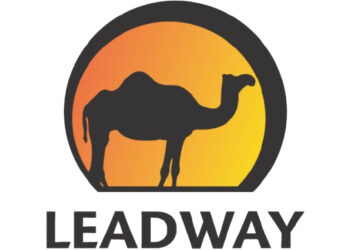The revolving challenges of the ECOWAS Brown Card Insurance Scheme, is set for the conveyor belt to begin its exit across the sub region.
This promise is guaranteed by the federal government of Nigeria and also, the new chairman of Council of Bureaux, Mr. Ganiyu Musa, at his inauguration in Abuja, on Tuesday.
The Commissioner of Insurance, Mr. Sunday Thomas, who represented the Minister of Finance, Budget and National Planning, Zainab Ahmed, noted that the brown card insurance scheme has the trappings for sub regional integration and also, assists in the order for full implementation of the African Continental Free Trade Area (AFCFTA), which several countries in the sub region are signatories to.
Despite the prospects of sub regional integration creating opportunities for free movement of goods and services, investments and cooperation, Thomas said the Bureaux must have a clear direction to address challenges that deflate the objectives of ECOWAS Brown Card scheme, so that it could play its pivotal role.
He identified some of the challenges the coordinating National bureaux that now situates in Nigeria, has to find solutions to: lack of respect for the agreement signed by member counties; delay in settlement of claims due to victims; inadequate funding of the National Bureaux; lack of public awareness and education; fraud in the acquisition of the certificate at the borders; inadequate commitment to reconciliation and cross settlement; low level of technology application in the distribution and general implementation of the scheme.
Mr Musa, who is also the Chairman, Nigerian Insurers Association and managing director, Cornerstone Insurance Plc, promised solutions for the challenges of the bureaux, to that end, he said the successes already secured would be the foundation for him build on to reshape and and promote the scheme among West African countries
To capture the attention of the member states, he said during his term, prompt claims payment but not to the exclusion of other challenges, would be vigorously implemented in favour of victims of road accidents caused by non-residing motorists in the sub region, and use the scheme to transform motor insurance across the sub region and by so doing, raise insurance awareness and penetration across the West Africa sub region
Musa explains how the scheme works: “The ECOWAS Brown Card Scheme operates through a 14 National Bureaux network spread throughout the fourteen member states. Each national bureaux plays two major roles. The national bureaux operates therefore, as an issuing bureaux to ensure brown card availability for local motorists, while also conducting investigation and settle claims arising from an accident caused by motorist holders of Brown Card.”








































